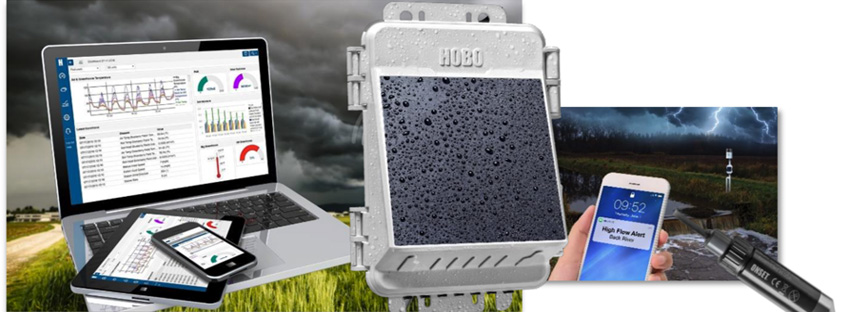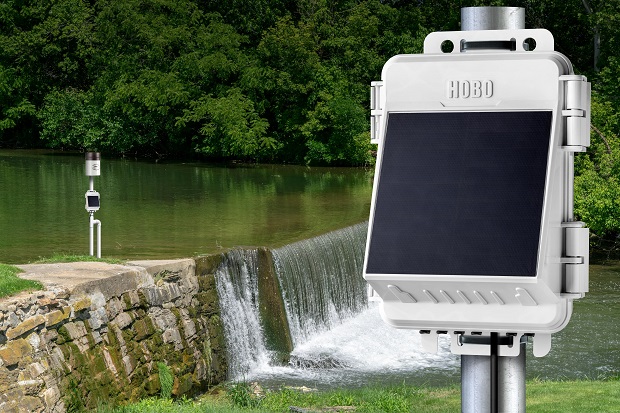Environmental engineering strengthens initiatives to combat water scarcity in Chile

Environmental engineering has become a key tool in the implementation of initiatives aimed at the more efficient use of water resources in the agricultural industry.
Unisource Ingeniería is a company dedicated to the development, commercialization and integration of equipment and systems for environmental monitoring. It will be participating at the upcoming Agricultural Water Summit to be held in Chile in September 2021.
Since its creation, the company has innovated with state-of-the-art technology, delivering something essential for the agricultural sector, information, which is key for growers to irrigate their crops more efficiently.
With more than 25 years of experience, it has a highly specialized team in high-tech integration, providing monitoring solutions to different sectors of the country.
Rolando Devia Aldunate, Regional Manager for Chile of Unisource, spoke about the water-related challenges that currently exist in Chile and how the company is working to make agribusiness operations more efficient.
For him, one of the main challenges is related to the lack of specific organizations focused on dealing with drought and efficient water use.
"A single agency needs to be empowered, such as the recently created Undersecretariat of Water, which will have links with all the ministries and institutions involved in the use of water resources,” he said.
The company plans to focus on various issues that have often gone neglected by different organizations and institutions in Chile, such as the declaration of public interest by the Ministry of Public Works in the Aquatacama project, a subterranean river route from the south to the north of Chile.
Devia indicated that this project would be a good tool with which to face the serious water crisis caused by climate change. The initiative has been analyzed by Unisource and has the support of many private and public organizations and institutions (from different governments since 2012), as well as scientists and academics.
He pointed out that, with each passing day, a large percentage of the Chilean population living in central and northern Chile will be increasingly affected by the ongoing drought, so it is key to take actions to counteract the situation.
Along these lines, he stated that it is necessary to strengthen and provide greater resources to the Ministry of Science and Technology, a pillar to generate actions to combat the drought.
He also added that it is important to train small and medium-sized entrepreneurs in the agricultural sector so that they can learn about the existence of new technologies and use them on a permanent basis.
This will go hand in hand with nationwide campaigns to raise citizens' awareness of the need to use water efficiently in all areas of the economy, as well as in human consumption.
Devia commented that 2021 will continue to be among the driest years in recent times, which is why a lot of creativity, innovation and technology is needed to face the water crisis.
The role of Unisource
Jean Paul Oliger, CEO of Unisource, indicated that as part of the company’s efforts to be part of the solution to the water crisis, it has developed data loggers.
As an example, he highlighted the RX2100 micro station, a compact weather station with cellular transmission, or the more robust RX3000 stations, with which a field monitoring network can be generated with sensors that communicate with each other based on the HOBONet monitoring system.
The products come as a response to a challenge that Unisource has seen - that the old data loggers did not allow real-time information.
In this context, the development of the API allowed a total integration to the DGA system, in order to comply with the regulation of direct data transmission to the DGA platform.
As Oliger explained, the products have enabled its customers to register wells and flow rates online with more efficient technology and whose data uploaded to the cloud enable the transfer to the software of the general water directorate.
In addition, it allows its users to always have useful information to take the corresponding preventive actions in a timely manner, for example, to deal with frost or soil moisture to optimize irrigation.
With this in mind, Oliger stated that they are aiming in the future to strengthen the smart account concept, with which it will be possible to quantify the demand and, through integrated management, make the required water resource available to the user in quantity, quality and timeliness.
The Agricultural Water Summit will take place on Sept. 7, 2021. For tickets, booths, sponsorship opportunities and more information, please visit www.agwatersummit.com, or write to ncastillo@yc.cl.












































